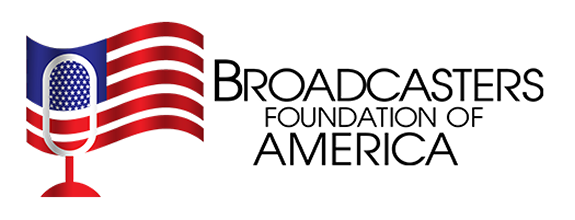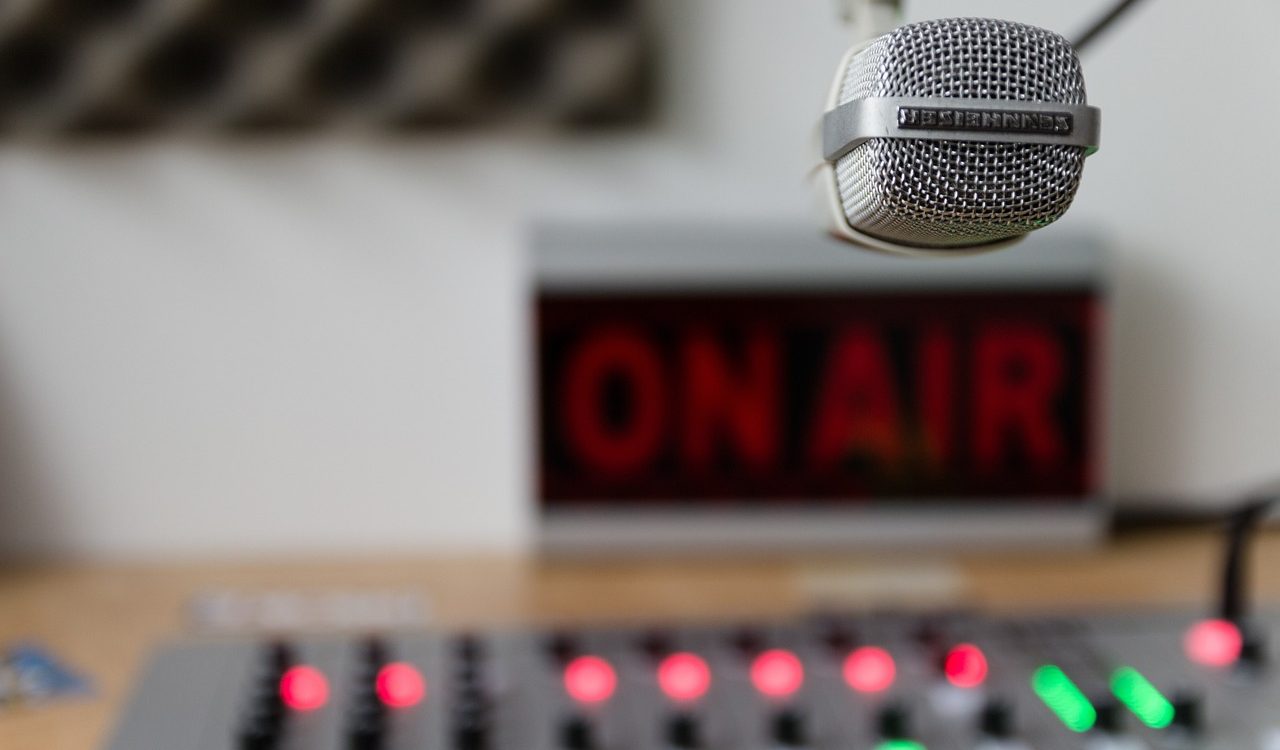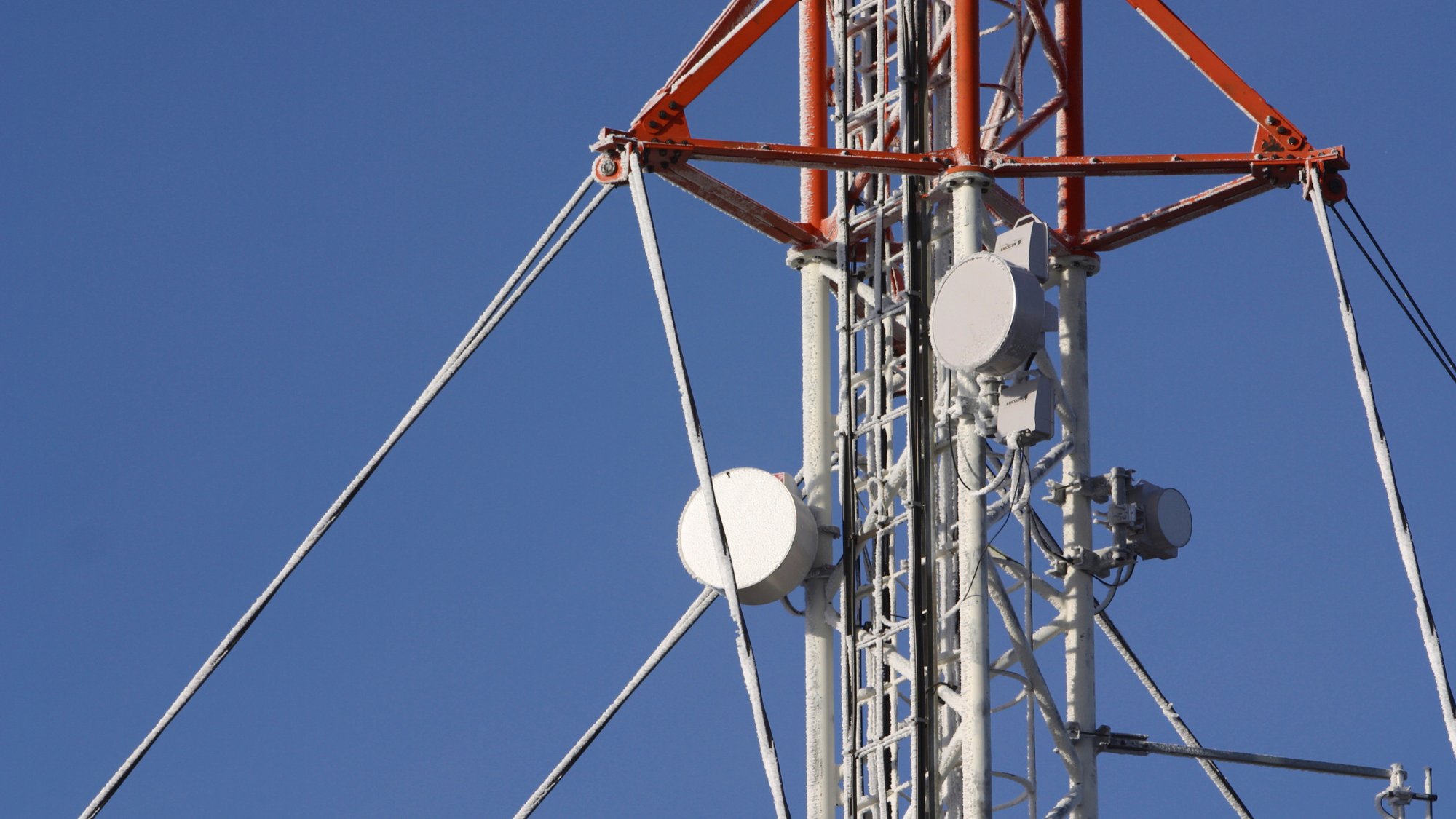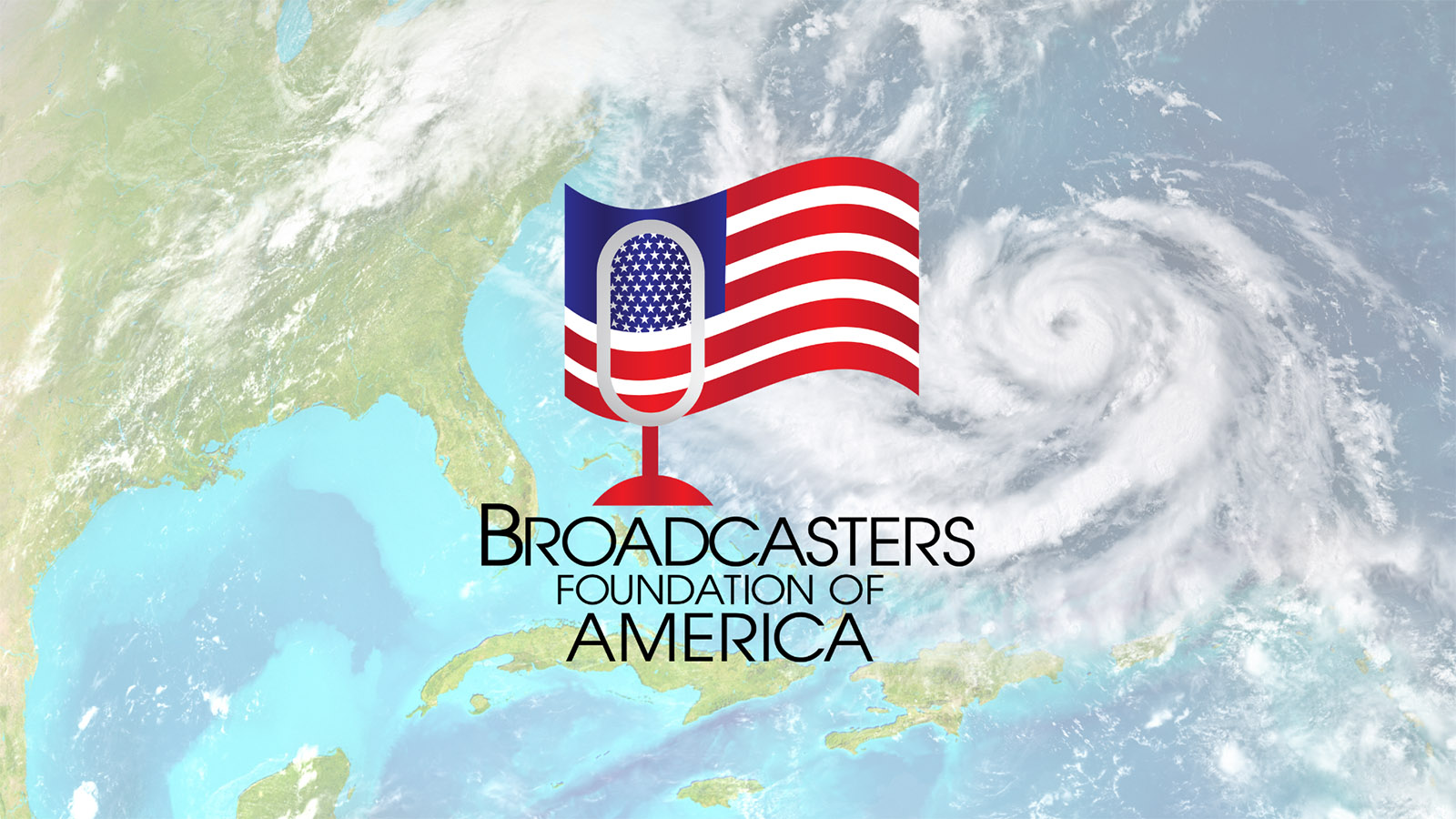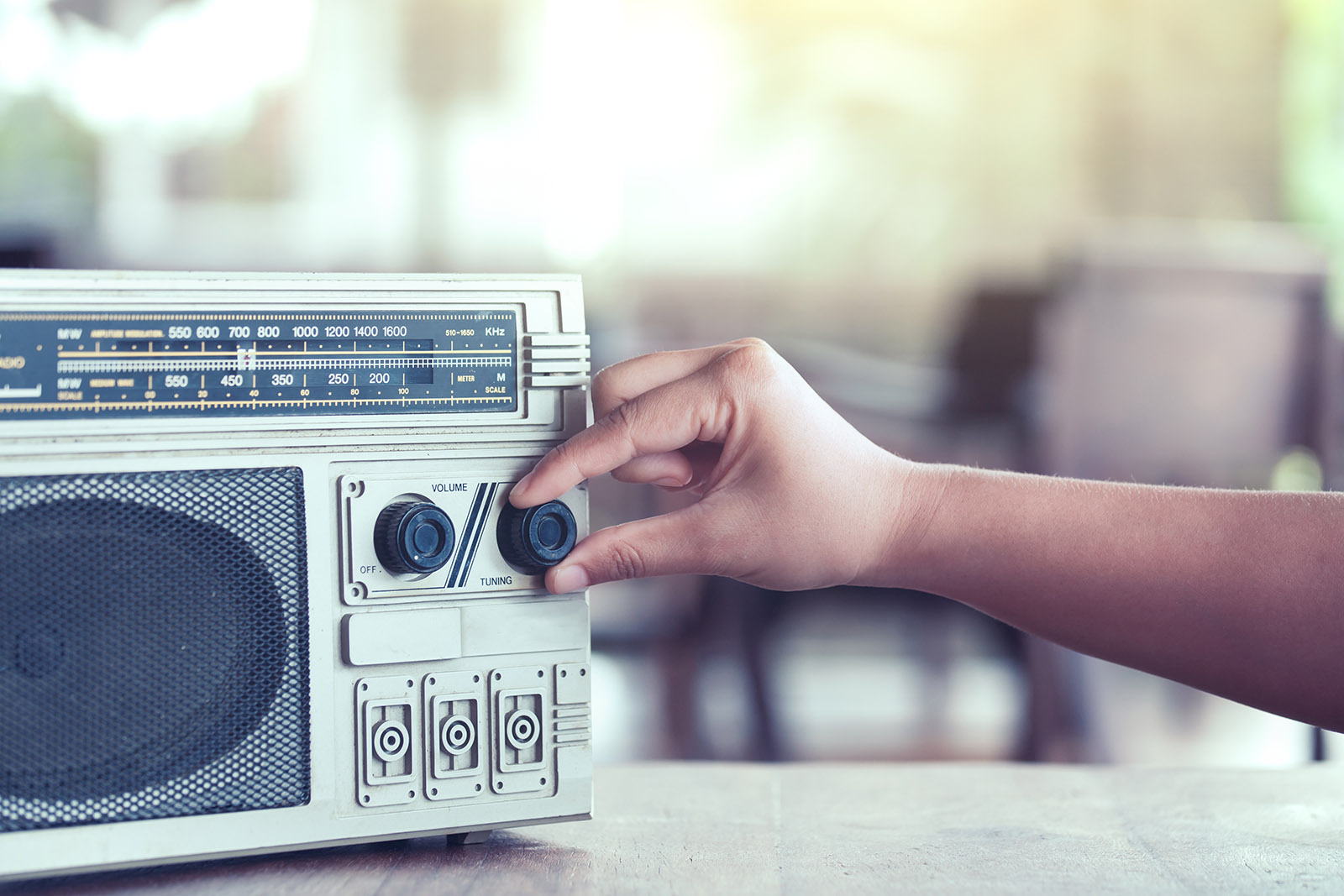During crises like recent hurricanes in Florida and the devastating floods across the South, we’re reminded of radio's irreplaceable role in keeping communities informed, connected, and, at times, comforted. As Florida copes with the aftermath of Hurricane Milton, residents in western North Carolina know this reality all too well. When Hurricane Helene tore through the mountains, leaving over a million people without water, power, and only intermittent cell service, radio became a lifeline.
In Asheville, North Carolina, WWNC host Mark Starling and producer Tank Spencer were that lifeline, helping coordinate wellness checks and connecting people with nearby resources. For days, they operated almost as an emergency dispatch service, guiding the stranded through the storm. As Starling recalls, “We didn't have any connection to the outside world except our radio stations, and we were the only two here. So we kind of had a mission of like, OK, well, we've got to walk these people through the storm."
The station’s phone lines were flooded, with callers facing every imaginable crisis. One unforgettable call came from a man stranded on the second floor of his home with his wife and young grandson as floodwaters rose, trapping them above the inundated first floor and submerging his truck outside. Starling reassured him as best he could, telling the caller to keep the station’s number nearby. Tragically, however, the family didn’t make it, becoming part of the at least 120 lives claimed by Helene in North Carolina. “That was a hard one. It’s still a hard one,” Starling shared, haunted by the sound of that call.
There were lighter, hopeful moments, too. Starling was brought to tears by an emotional, on-air reunion with his wife, who confirmed she was safe. One caller, sharing how he’d checked on all his neighbors, told Starling, “Today’s the first day that I’ve gone and checked on all my neighbors, and I didn’t even ask who they voted for first.” Spencer reflected, “This is the realest radio has ever been, and we’re connecting with people in a way that most people don’t ever get to connect with their audience, because this is our family.”
Stories like these illustrate radio’s power to connect and unite communities, especially when everything else goes dark. In times of crisis, radio becomes more than just a broadcast—it’s a vital thread linking people to one another, guiding them through the darkest hours.



